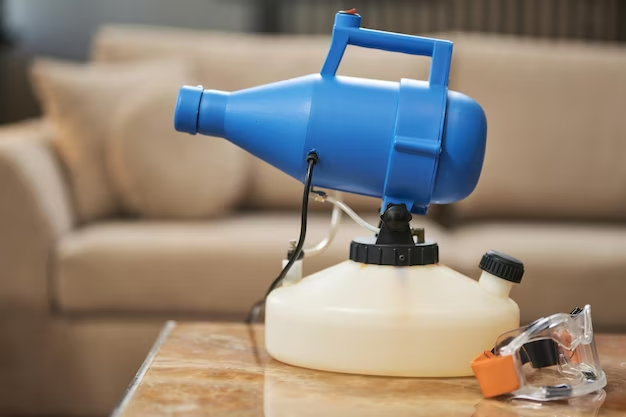Have you ever wondered how to care for a loved one with dementia? It can be overwhelming, confusing, and even heartbreaking. But with the right knowledge, you can provide better care and make a positive impact on their life.
In this article, we’ll explore essential tips and strategies for dementia care. Whether you’re a caregiver, family member, or friend, these insights will help you navigate the challenges and support your dementia patients with compassion and understanding.
Signs and Symptoms
The most common sign of dementia is memory loss, especially forgetting recent events or names. People with dementia may also have trouble understanding time, dates, and places. They might forget where they are, how they got there, or the time of day.
Other symptoms can include problems with communication, such as difficulty finding words. People may also become easily confused or unable to make simple decisions. Mood swings and personality changes are common in people with dementia as well.
Types of Dementia
Alzheimer’s disease is the most well-known type of dementia, affecting memory and cognitive abilities. Vascular dementia occurs when blood flow to the brain is reduced, which can lead to strokes. Another type is Lewy body dementia, which involves problems with movement, thinking, and mood.
Frontotemporal dementia affects a person’s behavior and language abilities. It can cause drastic changes in personality and impair speech. Each type of dementia affects the brain in different ways, but they all impact the ability to function day-to-day.
Creating a Safe Environment
A safe environment is crucial for someone with dementia. It should be free of tripping hazards like rugs or clutter that could cause falls. The home should be well-lit to reduce confusion, especially at night.
Locks on doors or alarms can help prevent wandering, which is common in people with dementia. Labeling rooms with simple signs can also help people orient themselves.
Communication Tips
Clear communication is important when caring for someone with dementia. Use short sentences and simple words to help them understand. Speaking slowly and maintaining eye contact can also make it easier for them to follow along.
Avoid correcting or arguing with them, as this can lead to frustration. If they are struggling to communicate, try to be patient and listen carefully. Sometimes using gestures or non-verbal cues can also help get the message across.
Personal Care Needs
As dementia progresses, personal care can become more challenging. People may need help with activities like bathing, dressing, or eating. Assisting them with these tasks ensures they remain clean, comfortable, and healthy.
It is also important to ensure they are eating nutritious meals and drinking enough fluids. People with dementia may forget to eat or drink, which can affect their health. Regular exercise is important too, as it helps maintain physical strength and mobility.
For families seeking professional assistance, SHINE Memory Care Services in Springwood offers a memory care facility to help with personal care needs in a supportive environment.
Dementia Care That Brings Comfort Clarity and Connection to Your Loved Ones
Dementia care is a long journey that requires patience, understanding, and support. Families and caregivers play an essential role in improving the quality of life for those with dementia. It’s important to stay informed and seek help when needed.
By staying proactive, caregivers can provide the best care possible. Taking care of yourself is just as important as taking care of your loved one.
We hope you enjoyed reading this article. If you found it helpful, be sure to check out our blog for more informative resources.



